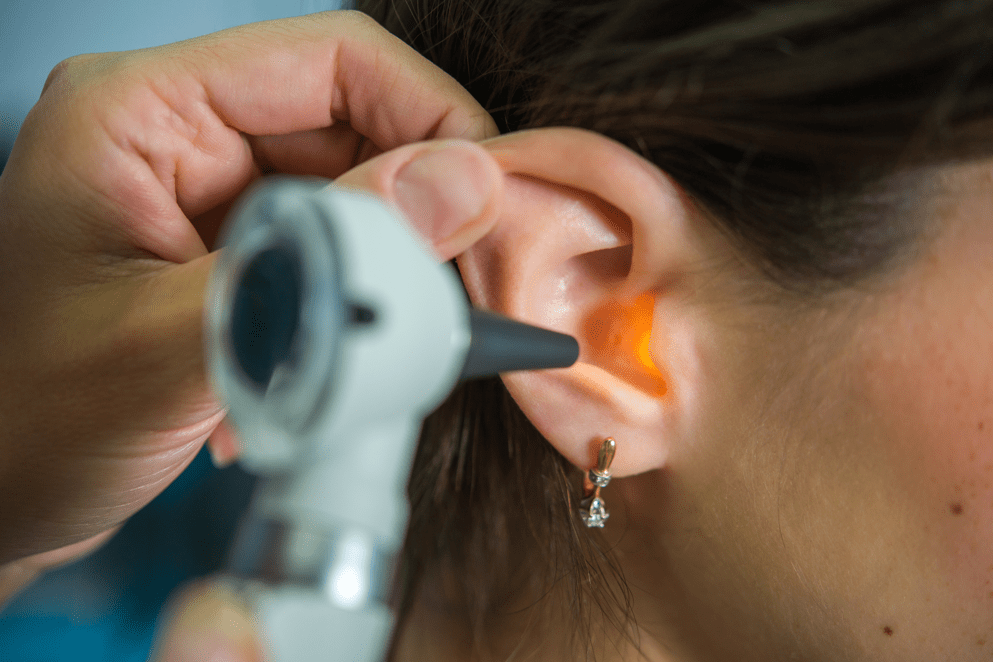Taking Your Hearing Aids on Vacation
Traveling should be exciting and enjoyable, but if you have hearing loss,


Traveling should be exciting and enjoyable, but if you have hearing loss,

Being outdoors with hearing aids feels different than wearing them inside.

Whether you’re answering phone calls, attending meetings or